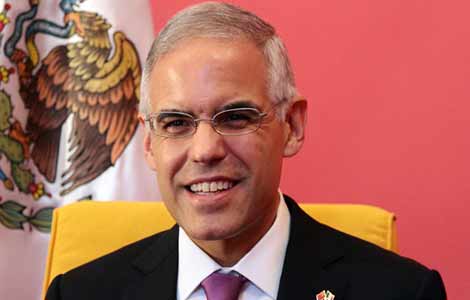Worries linger despite apology on GM rice test
Updated: 2013-09-21 09:07
(Xinhua)
|
||||||||
CHANGSHA -- Parents of students in central China who took part in a joint China-US test of genetically modified (GM) rice said they still worry about possible negative impacts of the GM food on their children despite an apology from the US side.
Tufts University said in an email to Xinhua Wednesday that it apologized for the "Golden Rice" test on primary school students in a township in Hengnan county, Hunan province, which was conducted by its research team led by the university's researcher Tang Guangwen.
The rice is genetically-modified to be rich in beta carotene and the test was intended to explore ways to prevent Vitamin A deficiency among children.
The university said the test failed to comply with the rules of its ethic review committee as well as the US federal regulations even though no health and safety risks have been detected among the participating children.
A father of one of the 25 children in the test, who declined to be named, said he did not accept the apology as it could not completely dispel the worries.
His child, who now is a second-grader at a junior high school, has not shown any abnormalities in wake of the GM test, he said.
"Till now, the GM test has not had any impacts on my child, but there is no guarantee that there will no impacts in the future," he said.
Last August, the parents panicked upon knowing their children had been fed GM rice.
"An apology is not the key issue," said another parent, who also declined to be named. "If my child shows abnormalities in the future, I will surely sue them (the university)."
He said his child has a bad temper and poor academic performance after learning about the truth of the GM test.
He, together with other parents, hoped that the American university could show them with scientific evidence that the GM food would have no impacts on their children in long term.
Families of the 25 children earlier each received 80,000 yuan ($13,074) in compensation from local authorities.
Greenpeace first disclosed the test in August last year, saying that researchers fed "Golden Rice" to 25 children aged between six and eight in Hunan. The exposure triggered fierce public backlash.
Greenpeace discovered the test from a paper published in the August edition of The American Journal of Clinical Nutrition which claimed that "Golden Rice" is effective in providing Vitamin A to children.
A following investigation by Chinese Center for Disease Control and Prevention (China CDC) showed Tang, together with researchers from the China CDC and Zhejiang Academy of Medical Sciences, conducted the test without telling the school children's parents that GM food was used.
The probe showed the test was conducted in 2008 on 80 pupils at a township primary school in Hengnan county, with 25 of the children each being fed 60 grams of "Golden Rice" on June 2.
Several Chinese disease control and prevention officials and researchers were punished for certified the research as ethical and concealing information on the GM food test to relevant parties.
Tang has been banned from conducting human body research in the following two years, according to Tufts University.

 Islamists claim gun attack on Nairobi mall, 39 dead
Islamists claim gun attack on Nairobi mall, 39 dead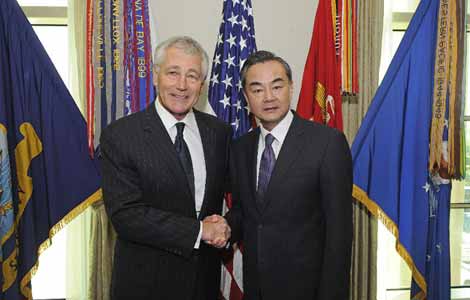
 China, US applaud improvement of military ties
China, US applaud improvement of military ties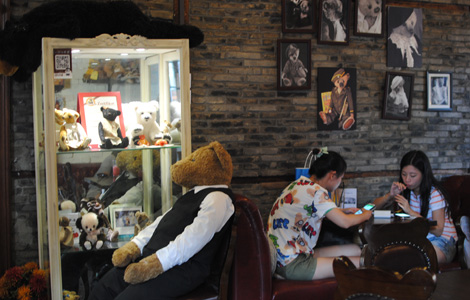
 Two family-style eateries are where animals roam
Two family-style eateries are where animals roam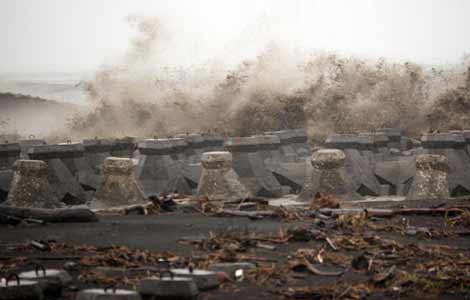
 China braces for super typhoon Usagi
China braces for super typhoon Usagi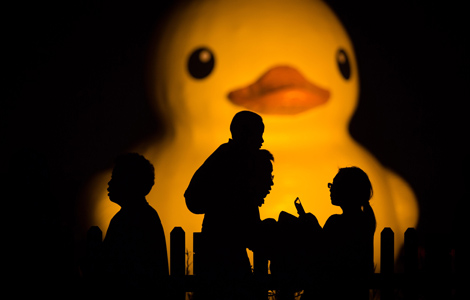
 In the best possible taste?
In the best possible taste?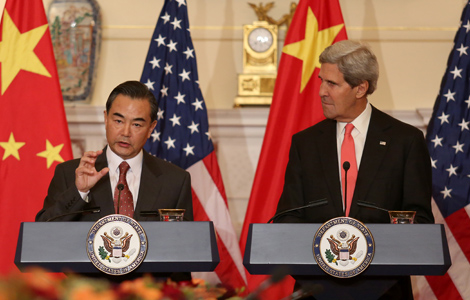
 Action pledged for new type of Sino-US ties
Action pledged for new type of Sino-US ties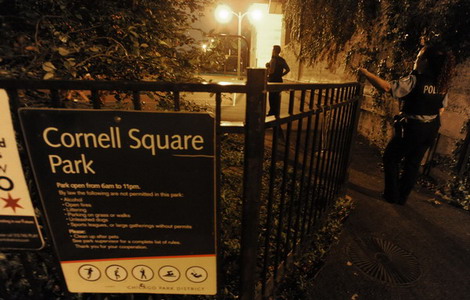
 13 injured in Chicago park shooting
13 injured in Chicago park shooting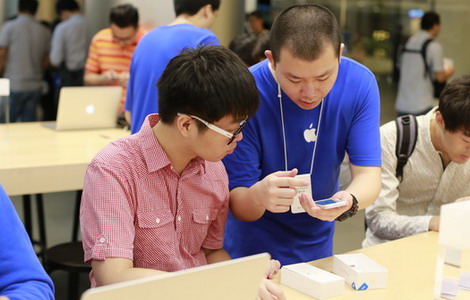
 iPhone 5s, iPhone 5c hit Chinese market
iPhone 5s, iPhone 5c hit Chinese market
Most Viewed
Editor's Picks

|

|

|

|

|

|
Today's Top News
China braces for super typhoon Usagi
Explosive criminal cases drop in China
New Sino-US ties sought
Trending news across China
Bo Xilai verdict to be announced
Islamists claim gun attack in Nairobi
China sees drop in donations
Charges against Saudi princess in US dismissed
US Weekly

|

|

